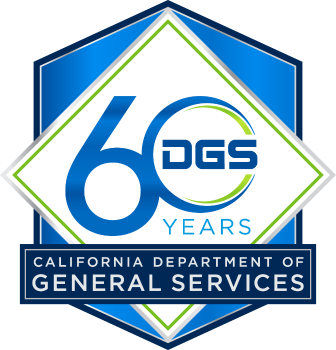History
California Commission on Disability Access (CCDA) History & Background
January 1, 2009
The Legislature concluded that despite the fact that state law has provided persons with disabilities the right to full and equal access to public facilities since 1968, and that a violation of the right of any person under the Americans with Disabilities Act of 1990 also constitutes a violation of the Unruh Civil Rights Act (Section 51 of the Civil Code) since 1992, that persons with disabilities continue to be denied full and equal access to public facilities in many instances. The Legislature further concluded that businesses in California have the responsibility to provide full and equal access to public facilities as required in the laws and regulations, but that compliance may be impeded, in some instances, by conflicting state and federal regulations, resulting in unnecessary litigation.
With a vision to developing recommendations that will enable persons with disabilities to exercise their right to full and equal access to public facilities, and that will facilitate business compliance with the applicable laws, building standards and regulations to avoid unnecessary litigation, the Legislature created the California Commission on Disability Access.
The Legislature further intended that the commission be broadly representative of the ethnic, gender, and racial diversity of the population of California and consist of persons with a disability relating to, but not limited to, vision, hearing, mobility, breathing, speech, cognitive, cardiac, emotional, developmental, learning, psychological, or immunological disabilities. These individuals should have essentials of specific qualifications as detailed in the law.
The California Commission on Disability Access (CCDA) is a 17-member independent commission consisting of 11 public members and six (6) ex officio nonvoting members. The CCDA was established through legislation (Senate Bill 1608 – Chapter 549, Statutes of 2008) enacted during the 2007/2008 legislative session. This legislation, in addition to a number of changes to California law, added Chapter 3.7, “The California Commission on Disability Access”, sections 8299 through 8299.11 to the California Government Code (GC) which establish the CCDA, provides operational requirements and guidance, an initial budget, appointment requirements, specific reporting tasks, and a number of other items. In 2012, SB 1186 (Steinberg) established additional review and reporting of pre-litigation letters by the Commission. At the end in 2015, AB 1521 (Committee on Judiciary) was signed into law as an urgency measure with the requirement for the Commission to additionally collect and study case outcomes. In 2016, AB 54 (Olsen) allowed CCDA to dictate online pre-litigation and complaint submission methods, and SB 1406 (Mendonza) mandated that claims pertaining to education entities be submitted to CCDA as well. On July 1st of 2017, CCDA was merged into the Department of General Services (DGS), and the Government Code was amended to be Chapter 13, sections 14895 though 14895.11.
Appointees to the CCDA were selected as specified by the provisions of Government Code section 14985.1 and the CCDA is comprised of appointees as follows:
- Two (2) public members appointed by the Senate Committee on Rules, with one appointee from the business community and one appointee from the disability community.
- Two (2) public members appointed by the Speaker of the Assembly, with one appointee from the business community and one appointee from the disability community.
- Seven (7) public members appointed by the Governor, with the consent of the Senate. Four (4) of the appointees must be from the disability community and three (3) of the appointees must be from the business community.
- The State Architect, or his or her representative, as a nonvoting ex officio member.
- The Attorney General, or his or her representative, as a nonvoting ex officio member.
- Two members of the Senate, appointed by the Senate Committee on Rules as nonvoting ex officio members. One member shall be from the majority party and one member shall be from the minority party.
- Two members of the Assembly, appointed by the Speaker of the Assembly, as nonvoting ex officio members. One member shall be from the majority party, and one member shall be from the minority party.
The CCDA is required by law to annually elect from its membership a Chairperson who must, as required by GC Section 14985.2 (b), be a representative from the disability community; a Vice-Chairperson who also must be elected from the membership, however the law requires that this member represent the business community.
Public members are appointed for three-year terms, except that, with respect to the initial appointees, the Governor appoints three members for a one-year term, two members for a two-year term, and two members for a three-year term. The Senate Committee on Rules and the Speaker of the Assembly each initially appoint one member for a two-year term and one member for a three-year term. Public members may be reappointed for additional terms. The Organizational Chart located in this section identifies the appointees and provides information at a glance as to who the appointee represents and the duration of the appointment.
